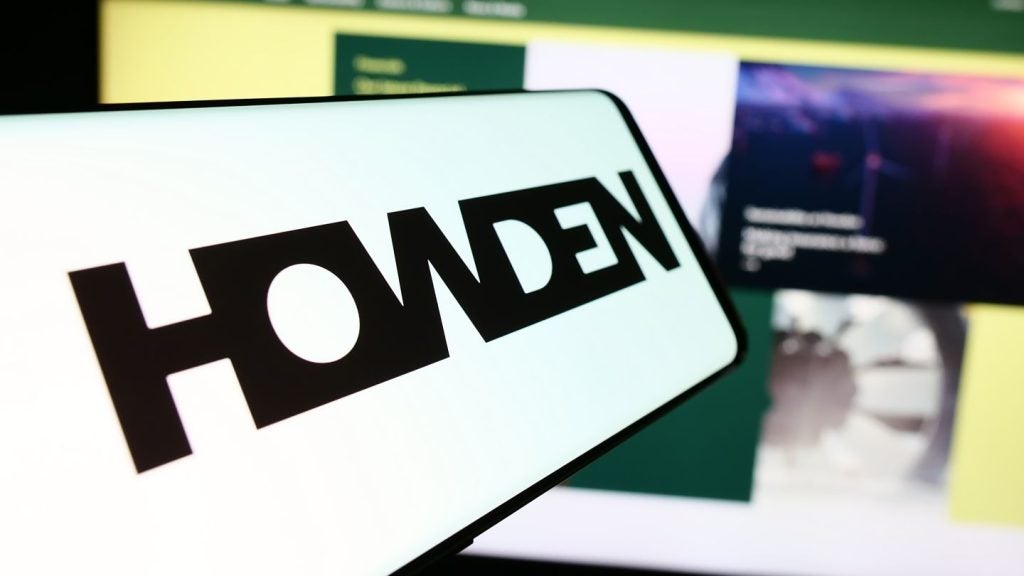2.0
Web 2.0, a broad term covering emerging internet-based
communications, is being recognised by corporates as a means of
enhancing efficiency and disseminating knowledge. For one early
adopter, US insurer Northwestern Mutual, Web 2.0 is proving a
roaring success. Charles Davis reports.
Social networking, internet Web 2.0 – they might seem the stuff of
20-somethings organising their social life, but one US insurer,
Northwestern Mutual, has embraced the future in a way that works in
order to develop internal online communities that increase
communication as well as team and individual productivity.
Over the past year, Northwestern has worked with Awareness, a
social network infrastructure provider, to create an employee-
generated online community that helps to capture and share employee
knowledge, encourage discussion across product lines and serve as a
resource for everything from policy information to sales
techniques. “It’s part town hall, part intranet, part [social
networking website] Facebook – and it’s really working,” said an
analyst at consultancy Forrester.
David Carter, chief technology officer and one of the founders of
Awareness, told LII: “It’s as much about attitude as anything.
Suddenly, the CEO is taking questions from staff.”

US Tariffs are shifting - will you react or anticipate?
Don’t let policy changes catch you off guard. Stay proactive with real-time data and expert analysis.
By GlobalDataAwareness is a social media platform on which enterprises deploy
Web 2.0 in business environments. Defined in many ways, Web 2.0 in
essence refers to using the internet as an interactive
communications platform. Awareness employs blogs (personal web
pages), wikis (software that allows users to create, edit and link
web pages), podcasts, photos, videos, forums and discussion groups
to create online communities.
Fostering communication
In addition to Northwestern, Awareness’s clients include
McDonald’s, Kodak and the New York Times. Companies use the
communities in a wide variety of ways to foster employee
communication and collaboration, drive new forms of revenue and
conduct market research.
Northwestern is perhaps not intuitively a company people might
expect to find in the vanguard of Web 2.0 adopters. Operating in a
highly regulated industry, the insurer has prized such attributes
as stability and strength over its 150-year history and is not
regularly positioned as an early adopter. Northwestern, which
serves over 3 million policyholders, has been named ‘America’s Most
Admired’ insurance company by Fortune magazine for the past 24
years.
Early adopter
It was in late 2005 that Northwestern began to adopt Web 2.0,
bringing blogs, RSS (continuous internet news feeds) and wikis into
the business. While the benefits are still being realised, the
insurer’s journey thus far gives technology marketers a hint of
what to look for, and anticipate, in early adopters.
“Insurers are not the first company we think of when we look for
Web 2.0 partners, but they saw what we were doing for McDonald’s,
and they were a company facing a wave of retirements, with all of
their information locked up in e-mail,” Carter said. “All that
knowledge can be a real corporate asset if you can get to
it.”
Forrester analyst Oliver Young was so taken by Northwestern’s use
of Web 2.0 that he authored a research report on the Awareness
platform, praising the insurer for its push into Web 2.0. One of
the focus areas of Young’s report explores the company’s compliance
and security concerns and how they worked with Awareness to address
these issues.
“As a firm operating in a highly regulated industry, Northwestern
had to address compliance and archiving, so from the very onset
Northwestern looked for a solution that would keep it compliant.
Strong protections were also put in place to block prohibited
language and flag potentially offensive words and phrases,” Young
wrote.
Carter said: “Northwestern Mutual has gone from a blog to replace
e-mail blasts, to having field reps write content to them, and
anybody in the company can create a blog, and the content from all
of the Northwestern blogs is aggregated on another view. So I can
go get the view of one sales manager or the content from the entire
enterprise. In the background, we have lots of data protection,
security, compliance, and a host of other issues.”
Over the past couple of years, a number of vendors have been
turning out Web 2.0 products – blogs, wikis and other kinds of
social software that have taken hold in the consumer world – aimed
expressly at the corporate user. The trend has even earned its own
nickname, Enterprise 2.0.
More companies taking the plunge
While most executives are cautious, a growing number of businesses
have taken the plunge into Web 2.0 tools. A worldwide survey by
consultancy McKinsey of top-level executives early this year found
that about one-third had deployed or were planning to deploy the
most common forms of social software. Three products – blogs, wikis
and RSS – are proving particularly popular.
Sometimes it’s just a matter of making the technology available to
everyone. Northwestern wanted a way to capture some of the
knowledge of employees, nearly one-third of whom are expected to
retire in the next five years. The insurer made blogging software
developed by Canadian vendor iUpload available to all of its 5,000
employees; about 100 are active bloggers, and their audience is
largely internal, as they hand down hard-earned wisdom to younger
employees.
Young’s study clearly points to the importance of getting executive
commitment at the highest level. Northwestern CEO Edward Zoe
embraced the blogging concept from the first presentation to him
from their corporate communications group.
“Success with enterprise Web 2.0 will come from a combination of
progressive changes punctuated by some surprising benefits. Don’t
try to predict which benefits your clients will realise. Instead,
help clients realise and quantify the smaller victories on which
they can build,” wrote Young.
Carter agreed, and added that the communal nature of blogs and
wikis is transforming the way people work on networked computer
systems.
“This will become simply the way things are done,” he said. “It
encourages employees to participate, and allows expertise to sort
of bubble up organically. The insurance industry is perfect for it
– they have this large dispersed salesforce, and an
information-rich product set. It makes so much sense. ”







